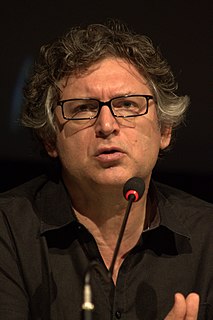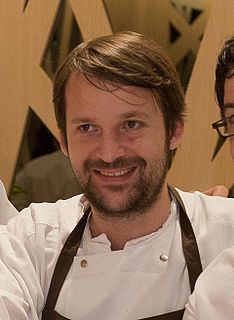A Quote by Hilary Kornblith
I do realise that talk of natural kinds dates back to Aristotle, but I'd better not say too much about ancient philosophers lest I be convicted of practicing history of philosophy without a license.
Related Quotes
One could say that what differentiates ancient from modern philosophy is the fact that, in ancient philosophy, it was not only Chrysippus or Epicurus who, just because they had developed a philosophical discourse, were considered philosophers. Rather, every person who lived according to the precepts of Chrysippus or Epicurus was every bit as much a philosopher as they.
I hate ideologies of all kinds, so I avoid jargon. I've done enough philosophy to know that some specialized terms are really needed. I don't complain when Kant does it. Or when Aristotle introduces all kinds of new words; he needed them. But these other people [modern philosophers] are just obfuscating. It just makes me annoyed.
Philosophy used to be a field that had content, but then natural philosophy became physics, and physics has only continued to make inroads. Every time theres a leap in physics, it encroaches on these areas that philosophers have carefully sequestered away to themselves, and so then you have this natural resentment on the part of philosophers.
Philosophy used to be a field that had content, but then 'natural philosophy' became physics, and physics has only continued to make inroads. Every time there's a leap in physics, it encroaches on these areas that philosophers have carefully sequestered away to themselves, and so then you have this natural resentment on the part of philosophers.
Philosophers feel a little more cautious about letting down their technical guard lest the general public doesn't recognize their special credentials. It's the fact that philosophy is of general interest that, paradoxically, keeps philosophers from wanting to speak in a way that's accessible to the general public.
I am opposing it with an idea of the history of philosophy as a history of philosophers, that is, a history of mortal, fragile and limited creatures like you and I. I am against the idea of clean, clearly distinct epochs in the history of philosophy or indeed in anything else. I think that history is always messy, contingent, plural and material. I am against the constant revenge of idealism in how we think about history.
What do women do when they get together? We sit around and talk! Men, not so much. My theory is that this difference is genetic and dates back to the hunter-gatherer societies, when the men had to be quiet as they hunted, lest they scare away the bison and then everyone starved to death and it was all their fault.
The kind of approach I take is different from much of experimental philosophy. Although the experimental philosophers and I are certainly in agreement about the relevance of empirical work to philosophy, a good deal of their work is devoted to understanding features of our folk concepts, and in this respect, at least, I see them as making the same mistake as those armchair philosophers who are interested in conceptual analysis.
I just love this idea of using, especially in terms of food, using that common sense. If you follow that - it's hard to talk about it without sounding like some New Age idiot, which I think is a bit unfair - but, if you do follow that natural cycle, you will inevitably eat better, cheaper, and much, much, much, much healthier.






























